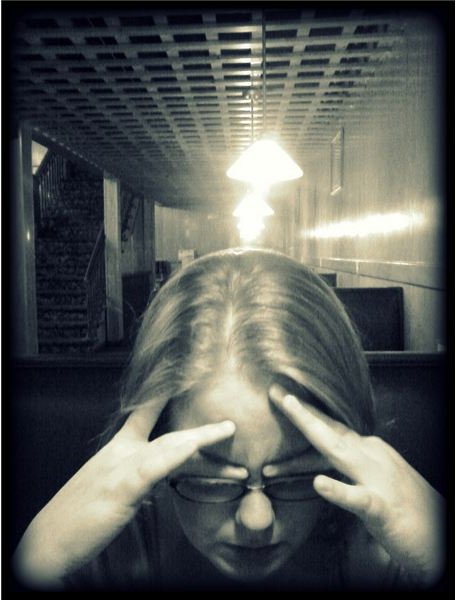Understanding PTSD and Drug Addiction
Post Traumatic Stress Disorder is a mood disorder caused by a period of extreme stress in someone’s life. It may be caused by experiences such as abuse, car accidents or even participating in war. PTSD leads to feelings of severe anxiety and depression, often to the point of beign unable to cope with daily life. Because of the stress of the disorder, many people turn to drugs and alcohol to numb the pain. PTSD and drug addiction is a very serious combination and should be treated quickly to help deal with the underlying issues of trauma and stress.
The Problem with PTSD and Drug Addiction
High stress levels often lead people to self-medicate with drugs and alcohol. While substances help to temporarily numb the pain that goes along with post traumatic stress disorder, PTSD and drug addiction can be very dangerous. Many people with PTSD use drugs whenever they are triggered and experience flash backs or night mares. Some people abuse substances so heavily that they are always high and never have to experience the pains of normal life.
Due to the desire to escape the painful flash backs, people struggling with PTSD may use more and more drugs. With more drug use, comes a higher tolerance - leading to very heavy drug abuse. This is very dangerous, as it can lead to severe organ damage and even the risk of overdosing and death. While drug addiction gives the feeling of a temporary escape, it can cause severe depression, mood swings, violent behavior, brain damage, weight loss or gain, liver damage, seizures, kidney damage and an overall negative effect on one’s life. Anyone struggling with PTSD and drug addiction should seek help to treat both the drug addiction and the underlying problems.
Treatment for Post Traumatic Stress Disorder and Drug Addiction
There are a few different options for people with PTSD and drug addiction. The first is to attend support groups. This option provides a safe space where people with similar problems come to meet. While the main focus at groups like NA or AA is recovering from alcohol and drug abuse, many people in the groups have underlying problems such as Post Traumatic Stress Disorder. It can be very helpful to get to know others in the same situation, especially those who have recovered and gotten their lives back to normal. PTSD support groups are also available, but it is important to treat both the disorder and the addiction together to prevent relapse.
In-patient treatment is a very helpful option, not only for drug addiction but also for PTSD. Many treatment centers offer programs for drug abuse and mood disorders. While the programs are often separate, it is possible for someone to complete the drug addiction program and then move right into the mood disorder program for as much help as possible.
Doctors may prescribe people with PTSD medication to help them cope during treatment. In people with drug addiction, this may not be the case or the doctor may choose to closely monitor the patient while using medications. Medications, such as anti-anxiety and anti-depressant pills, can be a very important part in the recovery from PTSD.
Someone who is struggling with PTSD and drug addiction should reach out, as hard as it may seem. Treatment is the first step to recovery, and it involves treating both the drug abuse and the PTSD at once. Once someone with PTSD has began recovery from addiction, with the help of a medical team they will find the support they need to heal from their past trauma.
References
National Institute of Mental Health: Post-Traumatic Stress Disorder - https://www.nimh.nih.gov/health/publications/post-traumatic-stress-disorder-easy-to-read/index.shtml
National Institute on Drug Abuse: Stress and Substance Abuse - https://archives.drugabuse.gov/stressalert/StressAlert.html
Image Credit
Image courtesy of https://www.flickr.com/photos/macbeck/4003446559/.
